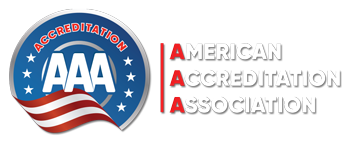ISO launched a new era for the accreditation of certification bodies active in the field of food safety with the publication of two standards ISO 22003-1: 2022 (complementary to ISO 17021-1) and ISO 22003-2 (complementary to ISO 17065), which harmonize the requirements for hundreds of thousands of impartial and independent food safety audits, irrelevant whether under product or management system accreditation.
The standard specifies the requirements for the audit and certification of a food safety management system (FSMS) complying with the requirements given in ISO 22000 (or other specified FSMS requirements). It also provides the necessary information and confidence to customers about the way certification of their suppliers has been granted.
“These two standards are the result of a very successful collaboration between the ISO ISO/TC 34/SC 17 and the CASCO said Torben Lyster-Clausen, Chair of SC 17. “More than 100 experts representing industry, CBs, scheme owners and accreditation bodies from more than 30 countries participated.”
From the late 1990s ISO 17065 was the primary accreditation standard used by schemes. However, 17065 lacks essential requirements for the audit process, food chain categories, audit duration and the competence requirements for certification body personnel. These were set by each scheme owner and resulted in market confusion for clients and customers and complexity for certification bodies as schemes differentiate.
In 2007, the publication of ISO 22003 set clear requirements in these areas for bodies providing audit and certification to ISO 22000.
Now, the publication of the new ISO 22003-2, creates a harmonized approach for 17065 schemes using common terms and definitions, fully integrating the audit approach, and establishing common normative annexes for food chain categories (Annex A), audit duration (Annex B) and competence requirements (Annex C). Schemes may supplement or modify but not reduce these annexes
